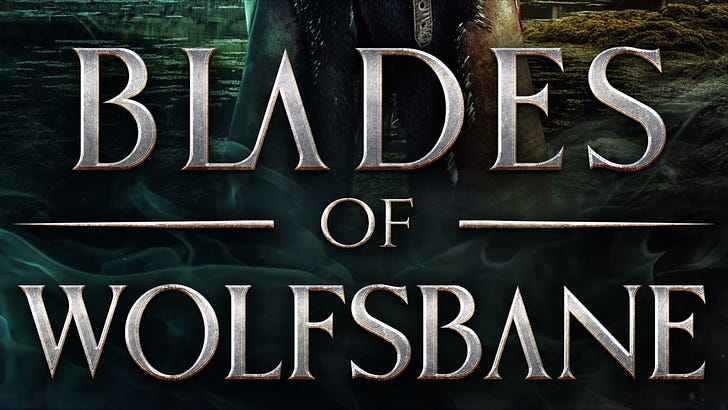The Influence of The Malazan Book of the Fallen
When Steven Erikson unleashed “The Malazan Book of the Fallen” on the unsuspecting world of fantasy literature, little did we know that it would be as impactful as a dragon landing in a china shop.
This monumental series hasn’t just influenced modern fantasy; it’s rewritten the rules, scoffed at convention, and then went for a pint.
Let’s dive into how Erikson’s magnum opus has shaped contemporary fantasy, much like how a sorcerer shapes reality – with flair, complexity, and the occasional bout of world-ending peril.
Complexity is King (or Emperor, in This Case)
Before Malazan, many fantasy series flirted with complexity, but Erikson decided to marry it. The series introduced readers to a world so layered and intricate that it makes a 1,000-piece puzzle look like child’s play.
Modern fantasy authors have since been emboldened to create more complex narratives and worlds, realising that their readers’ brains are, in fact, capable of juggling multiple plotlines, a cast of thousands, and a history denser than a dwarven bread loaf.
Moral Ambiguity: Grey is the New Black
Gone are the days of clear-cut heroes and villains, thanks to Erikson’s influence.
In Malazan, characters exist in shades of grey, which is a refreshing change from the old ‘shining knight versus dark lord’ routine.
This moral ambiguity has seeped into the fabric of modern fantasy, making characters more human, relatable, and less predictable than a game of cards with a trickster god.
Epic Scale: Go Big or Go Home
“The Malazan Book of the Fallen” doesn’t just go big; it goes colossal.
The series spans continents, races, and millennia, making most other fantasies look like a quaint backyard tussle.
This has pushed modern fantasy to expand its horizons, quite literally.
Current fantasy narratives are more ambitious, sweeping across vast landscapes of imagination, because, as Erikson has shown, why limit yourself to a single kingdom when you can play with an entire universe?
Magic and Mayhem: The More, the Merrier
In Malazan, magic isn’t just a plot device; it’s an ecosystem.
This approach has encouraged a new wave of fantasy literature where magic systems are intricate, well-thought-out, and as vital to the world as air.
Modern fantasy has followed suit, treating magic with the respect and complexity it deserves, rather than just a means for characters to get out of inconvenient plot points.
It’s Not Just About the Journey
Erikson’s series has contributed to shifting the focus from the destination to the journey itself.
Each book in Malazan is its own epic tale, teaching modern fantasy that the path walked by characters is as important as where they end up.
This has led to richer storytelling, where side quests are not mere distractions but integral parts of the narrative tapestry.
“The Malazan Book of the Fallen” has cast a long, imposing shadow over modern fantasy literature.
It’s a series that doesn’t just entertain but challenges and redefines genre boundaries. Erikson didn’t just raise the bar; he threw it into the stratosphere.
Modern fantasy authors now look up (way up) to this standard, crafting worlds and stories that aspire to its level of depth, complexity, and sheer audacious brilliance.
The Malazan series is like a masterclass in fantasy writing: intimidating, enlightening, and utterly indispensable.
The post The Influence of The Malazan Book of the Fallen first appeared on Jon Cronshaw.



